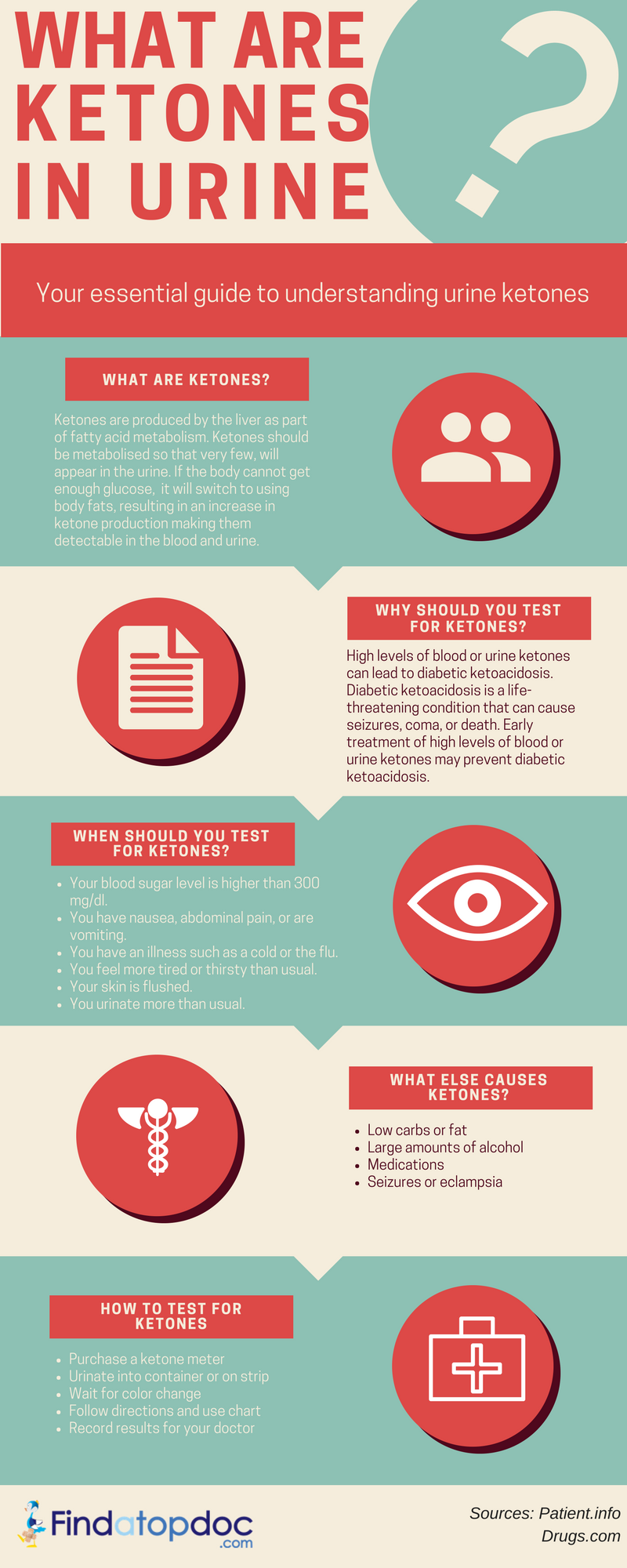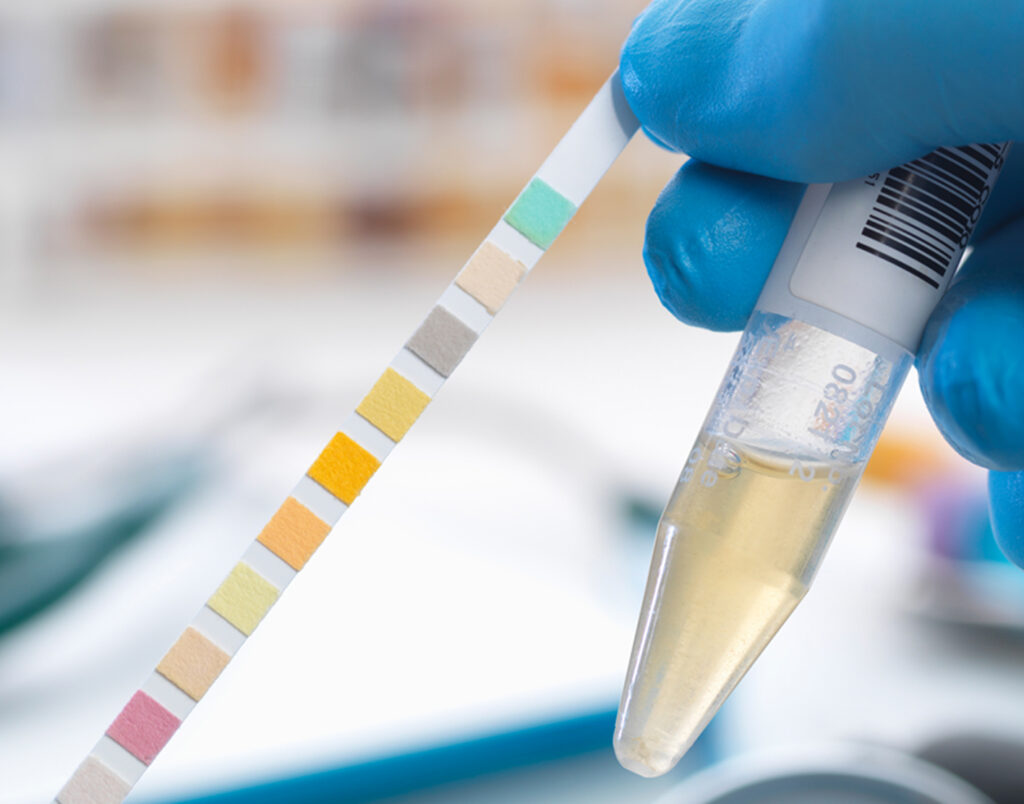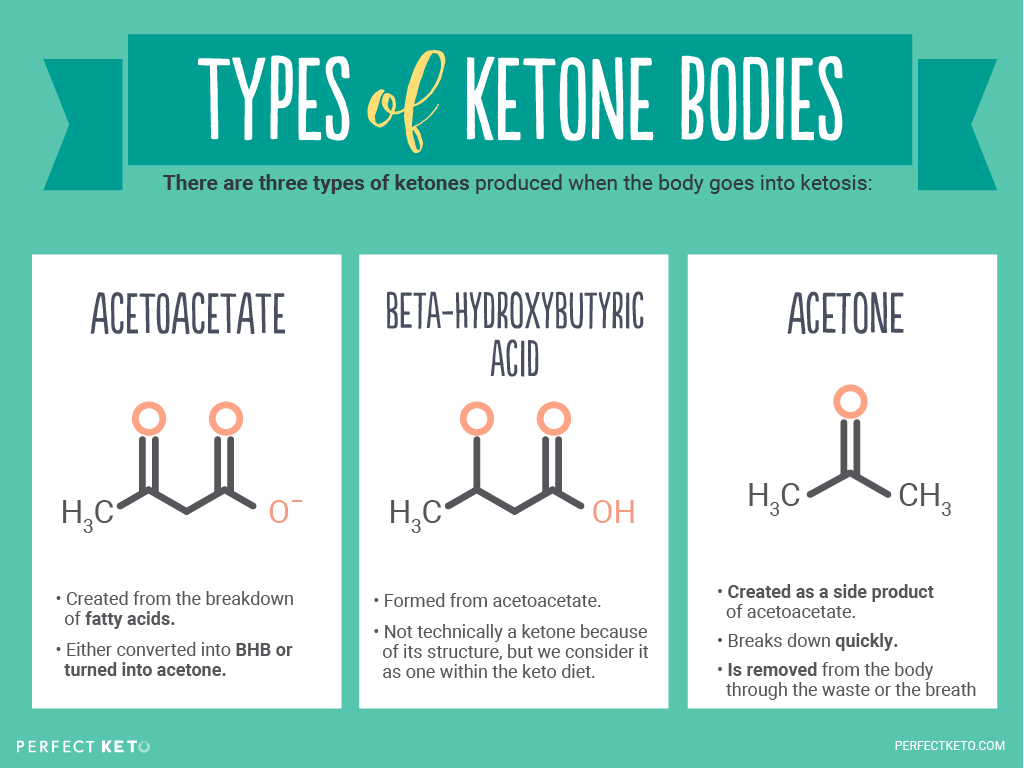how do you reduce ketones in urine Urine ketones ketone strips testing detect verywell verywellhealth
Ketones are important compounds that are produced when your body burns fat for energy instead of glucose. They are synthesized in the liver and can be detected in urine and blood. Ketones play an important role in various physiological processes and can provide a source of energy for the brain during periods of low glucose availability, such as fasting or a low-carbohydrate diet. However, they can also be a sign of underlying health conditions such as diabetes or metabolic disorders. When your body is in a state of ketosis, it produces three main types of ketones: acetone, acetoacetate, and beta-hydroxybutyrate. These ketones are produced as a byproduct of the breakdown of fatty acids in the liver. Acetone is usually exhaled through the breath and accounts for the characteristic fruity odor that is often associated with ketosis. The other two ketones, acetoacetate and beta-hydroxybutyrate, are used as energy by the body’s cells. You may have heard of a ketone diet or ketogenic diet, which is a low-carbohydrate, high-fat diet that aims to induce a state of ketosis in the body. This diet is often used for weight loss, as well as for the management of conditions such as epilepsy and Type 2 diabetes. It’s important to note that elevated levels of ketones in the urine can indicate underlying health conditions, such as diabetic ketoacidosis (DKA), in which the body produces high levels of ketones due to a lack of insulin. It’s essential to identify the underlying cause of ketones in the urine to ensure appropriate treatment. To detect ketones in urine, your healthcare provider may recommend a urine test, usually done first thing in the morning or after a fast overnight. A 24-hour urine collection may also be necessary in some cases. If elevated levels of ketones are detected, further testing may be required to determine the underlying cause. Treatment for ketones in the urine depends on the underlying cause. If it’s due to a low-carbohydrate diet, ensuring adequate hydration and gradually increasing carbohydrate intake may help to reduce ketone levels. In cases of diabetic ketoacidosis, hospitalization and IV fluids and insulin may be necessary. In conclusion, ketones are important compounds that are produced when the body burns fat for energy instead of glucose. While they can be beneficial in certain contexts, such as during a low-carbohydrate diet, elevated levels of ketones in the urine can be a sign of underlying health conditions and should be evaluated by a healthcare provider.
If you are searching about Ketones in Urine: Causes, Diagnosis, and Treatment | FindATopDoc you’ve came to the right web. We have 5 Pictures about Ketones in Urine: Causes, Diagnosis, and Treatment | FindATopDoc like How to Test Your Urine for Ketones, Ketones in Urine: Causes, Diagnosis, and Treatment | FindATopDoc and also What Are Ketones? - Perfect Keto Exogenous Ketones. Here it is:
Ketones In Urine: Causes, Diagnosis, And Treatment | FindATopDoc
 www.findatopdoc.comketones urine ketone bodies causes normal levels presence findatopdoc ketoacidosis abnormal symptoms treatment
www.findatopdoc.comketones urine ketone bodies causes normal levels presence findatopdoc ketoacidosis abnormal symptoms treatment
How To Test Your Urine For Ketones
:max_bytes(150000):strip_icc()/how-to-test-your-urine-for-ketones-2241626_V2-01-a98f35ca2f6d4640b76a55d5ffb912ce.png) www.verywellhealth.comurine ketones ketone strips testing detect verywell verywellhealth
www.verywellhealth.comurine ketones ketone strips testing detect verywell verywellhealth
Ketones In Urine: Signs, Tests, And Results | MantraCare
 mantracare.orgurine ketones tests mantracare
mantracare.orgurine ketones tests mantracare
What Are Ketones? - Perfect Keto Exogenous Ketones
 www.perfectketo.comketone ketones acetone bodies acetoacetate body bhb types why diet keto ketogenic levels fat beta hydroxybutyrate ketosis acid look does
www.perfectketo.comketone ketones acetone bodies acetoacetate body bhb types why diet keto ketogenic levels fat beta hydroxybutyrate ketosis acid look does
Ketones In Urine: All You Need To Know | H.V.M.N. Blog
 hvmn.comurine ketones ketone ketosis hvmn ketozila
hvmn.comurine ketones ketone ketosis hvmn ketozila
How to test your urine for ketones. Ketones in urine: signs, tests, and results. Ketones in urine: causes, diagnosis, and treatment